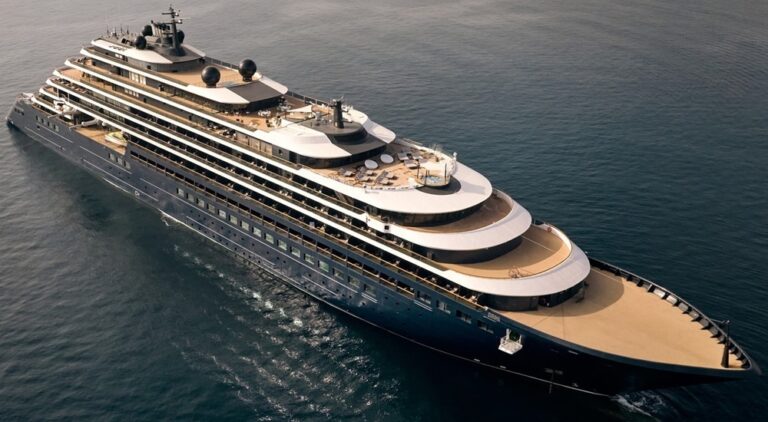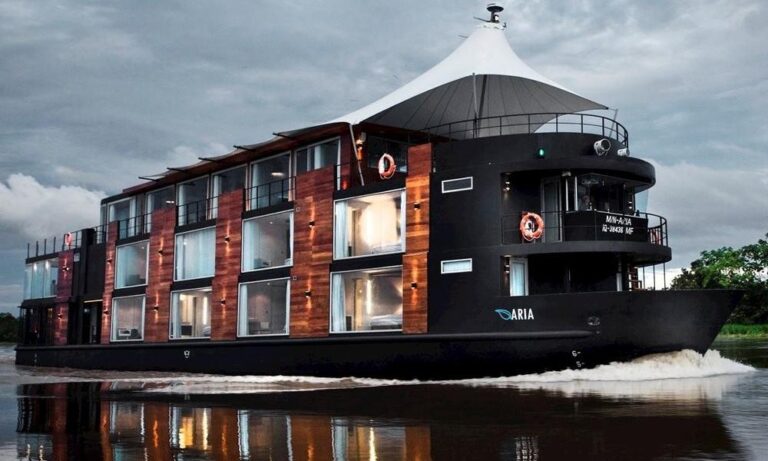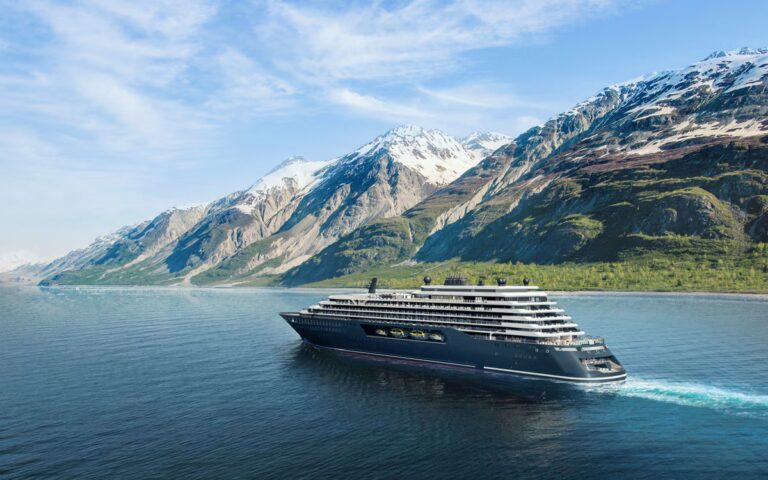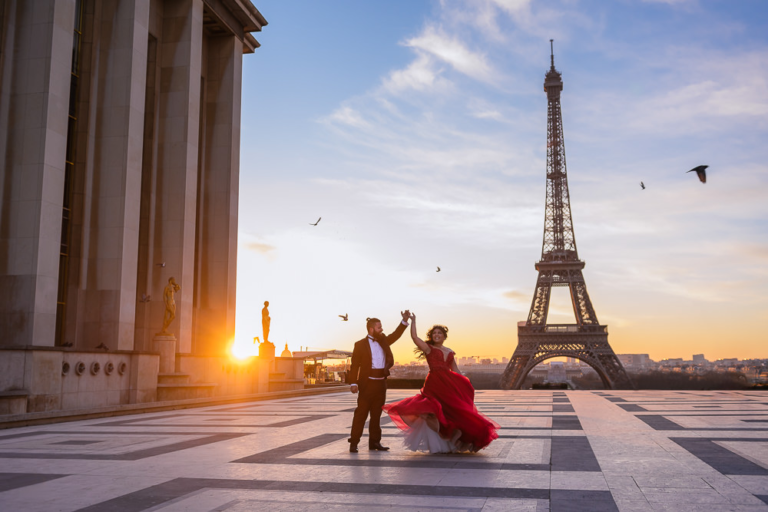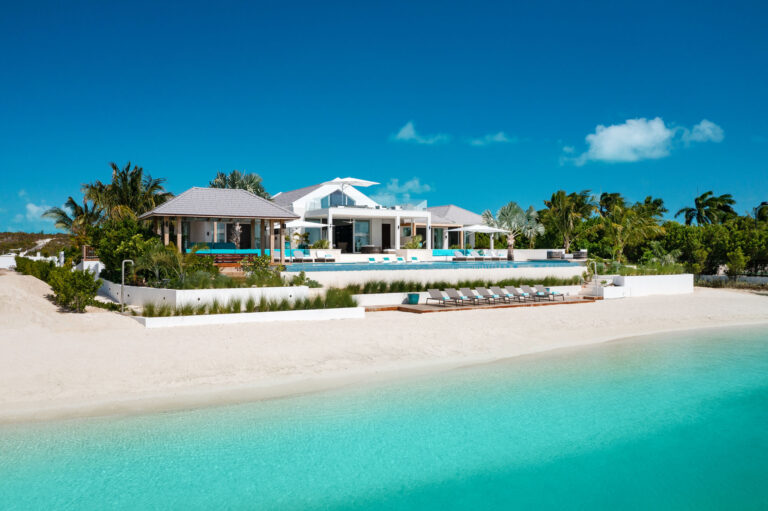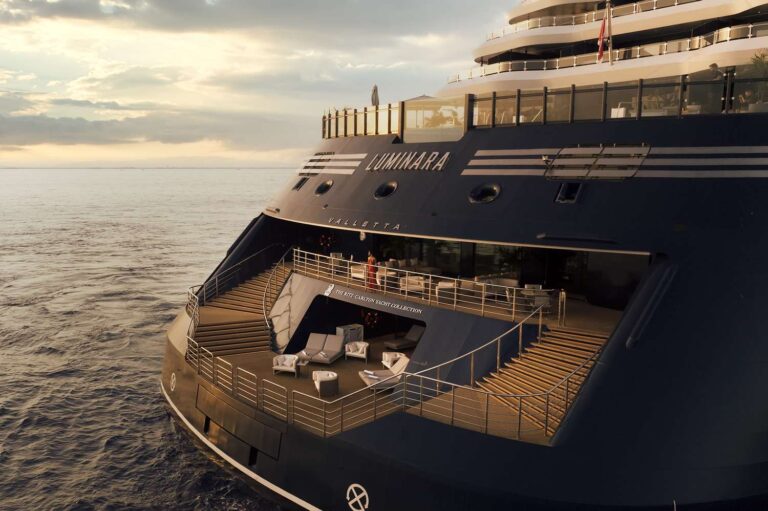Forbes Five Star Hotels: Inside the World’s Most Prestigious Luxury Accommodations
When it comes to global hospitality, nothing symbolizes prestige and perfection quite like a Forbes Five-Star Hotel. These rarefied properties represent the pinnacle of luxury service, design, and guest experiences. But what exactly makes a hotel worthy of this coveted title? And why do travelers, celebrities, and business leaders alike seek out these destinations above all others?
Let’s take an in-depth look at the Forbes Travel Guide five-star rating system, explore real-world examples of outstanding hotels, and understand why these establishments continue to set the global benchmark for hospitality excellence. What Defines a Forbes Five-Star Hotel
Forbes Travel Guide, originally launched in 1958 as Mobil Travel Guide, is the only independent global rating system for luxury hotels, restaurants, and spas. Its five-star rating is awarded sparingly, making it one of the most difficult honors to achieve in the hospitality world.
Unlike guest review platforms or subjective awards, Forbes uses anonymous inspectors who evaluate properties against more than 500 rigorous standards. These standards measure not only physical luxury, such as room design and amenities, but also the subtleties of service, including attentiveness, personalization, and genuine care.
This strict process ensures that a Forbes Five-Star Hotel is not simply beautiful but also delivers an experience that feels seamless, intuitive, and consistently extraordinary.
The Evolution of Forbes Five-Star Hotels
In the early years, Forbes Travel Guide focused primarily on U.S. properties. Over time, as luxury hospitality expanded worldwide, so did the ratings. Today, Forbes evaluates hotels across continents from Asia and Europe to the Middle East and the Americas, ensuring global travelers can expect the same uncompromising standards anywhere in the world.
The growth of the program has helped shape what luxury means in different cultures while still maintaining universal values: comfort, service, and unforgettable experiences. In recent years, Forbes Five-Star Hotels have also embraced sustainability, wellness, and advanced technology to meet the evolving needs of modern travelers.
Why Forbes Five-Star Ratings Matter
A Forbes Five Star designation is more than a marketing badge; it is a guarantee of excellence. Travelers know they can expect:
- Impeccable service where staff anticipate needs without intrusion
- Superior room design with attention to every detail
- Fine dining that blends artistry, culture, and innovation
- Wellness and spa programs that rival world-class retreats
- Unparalleled guest experiences that go beyond the ordinary
For hotels, achieving a five-star rating translates to global recognition, higher prestige, and the ability to attract discerning clientele who are willing to pay for perfection.
Real-World Examples of Forbes Five-Star Hotels
Ritz-Carlton, Hong Kong

Perched atop the International Commerce Centre, The Ritz-Carlton Hong Kong is one of the highest hotels in the world, occupying floors 102 to 118. Its rooms overlook Victoria Harbour, while its Michelin-starred restaurants and luxurious spa set unmatched standards. Guests not only enjoy incredible views but also experience service precision that embodies the Forbes criteria.
This property demonstrates how architectural grandeur, combined with impeccable service, creates a hotel worthy of global admiration.
The Peninsula Paris

The Peninsula Paris has become synonymous with refined European luxury. Located near the Arc de Triomphe, this Forbes Five-Star Hotel offers timeless French elegance paired with cutting-edge technology. Guest rooms feature tablet-controlled environments, while the rooftop restaurant delivers breathtaking views of Paris.
What makes it remarkable is how tradition and innovation coexist, delivering a stay that feels both classic and futuristic, a balance that Forbes inspectors highly value.
The Four Seasons Resort Bali at Sayan
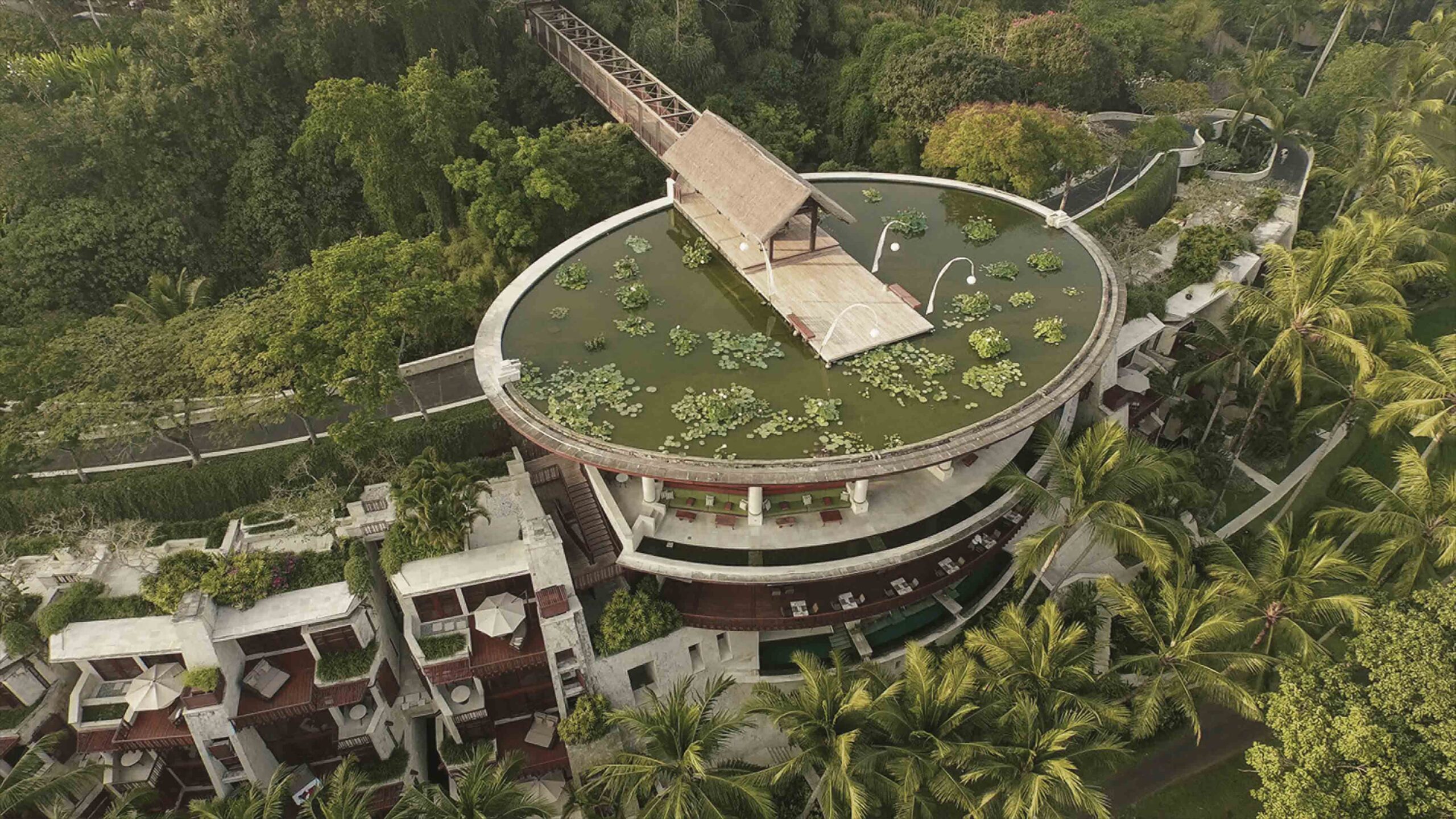
Nestled in the lush Ayung River Valley, this property showcases how a Five-Star hotel can highlight cultural immersion. The Four Seasons Resort Bali at Sayan offers jungle villas, traditional Balinese wellness rituals, and immersive experiences like cooking classes and temple visits.
Here, luxury is not only about material indulgence but also about authentic connection with local culture, a growing focus in Forbes evaluations.
Mandarin Oriental, Bangkok

For decades, the Mandarin Oriental Bangkok has been a cornerstone of Asian luxury. Combining history with modernity, it has hosted royalty, authors, and dignitaries. With personalized butler service, award-winning dining, and riverfront serenity, it illustrates why Forbes consistently recognizes it.
This hotel embodies longevity and consistency in delivering luxury, proving that legacy brands can stay relevant through reinvention.
The Role of Technology in Forbes Five-Star Hotels
Modern travelers expect seamless technology integration, and Forbes Five-Star Hotels have embraced this shift. From app-based room controls to AI-enhanced concierge services, technology enhances, not replaces, the human touch.
For instance, digital check-in and personalized guest apps streamline arrival, while smart in-room systems allow travelers to control lighting, entertainment, and climate effortlessly. But unlike generic tech upgrades, Forbes-rated hotels ensure that technology feels intuitive and tailored, never intrusive.
This balance of innovation and warmth is critical in achieving five-star recognition.
Benefits of Staying in Forbes Five-Star Hotels
Choosing a Forbes Five-Star Hotel offers benefits that go far beyond luxury interiors:
- Peace of Mind: Guests know that every element of their stay has been vetted against hundreds of strict standards.
- Personalized Experiences: Staff are trained to anticipate guests’ needs, from dietary preferences to tailored excursions.
- Cultural Immersion: Many hotels integrate local traditions, cuisine, and art, allowing guests to connect deeply with their destination.
- Wellness and Relaxation: World-class spas and wellness programs promote balance, catering to modern health-conscious travelers.
- Status and Exclusivity: Staying at such hotels provides a sense of prestige and distinction, especially valued in business or celebratory travel.
Use Cases: Why Forbes Five-Star Hotels Matter in Real Life
- Business Travel: Executives hosting international meetings require flawless service, privacy, and advanced technology, all of which are standard at Forbes Five Star properties.
- Celebrations: From weddings to anniversaries, these hotels provide unforgettable backdrops, meticulous event planning, and refined luxury.
- Cultural Discovery: Travelers seeking more than sightseeing benefit from curated local experiences offered by these properties.
- Wellness Journeys: Guests recovering from stressful lifestyles find holistic spa and wellness programs that rejuvenate body and mind.
- Leisure Escapes: For those simply seeking indulgence, Forbes Five Star Hotels guarantee that every moment of the stay will exceed expectations.
Frequently Asked Questions
What is the difference between a Forbes Five-Star Hotel and a regular five-star hotel?
A Forbes Five-Star Hotel is evaluated by anonymous inspectors using over 500 standards, ensuring consistency and depth of quality. A regular five-star designation may vary depending on local rating systems or subjective reviews.
How often are Forbes ratings updated?
Forbes Travel Guide updates ratings annually, with inspectors revisiting properties to ensure they maintain the same standards year after year.
Are Forbes Five-Star Hotels only for the wealthy?
While these hotels are premium in price, they represent long-term value for travelers who seek guaranteed excellence. Guests pay not only for accommodation but also for flawless service, security, and life-enriching experiences.

